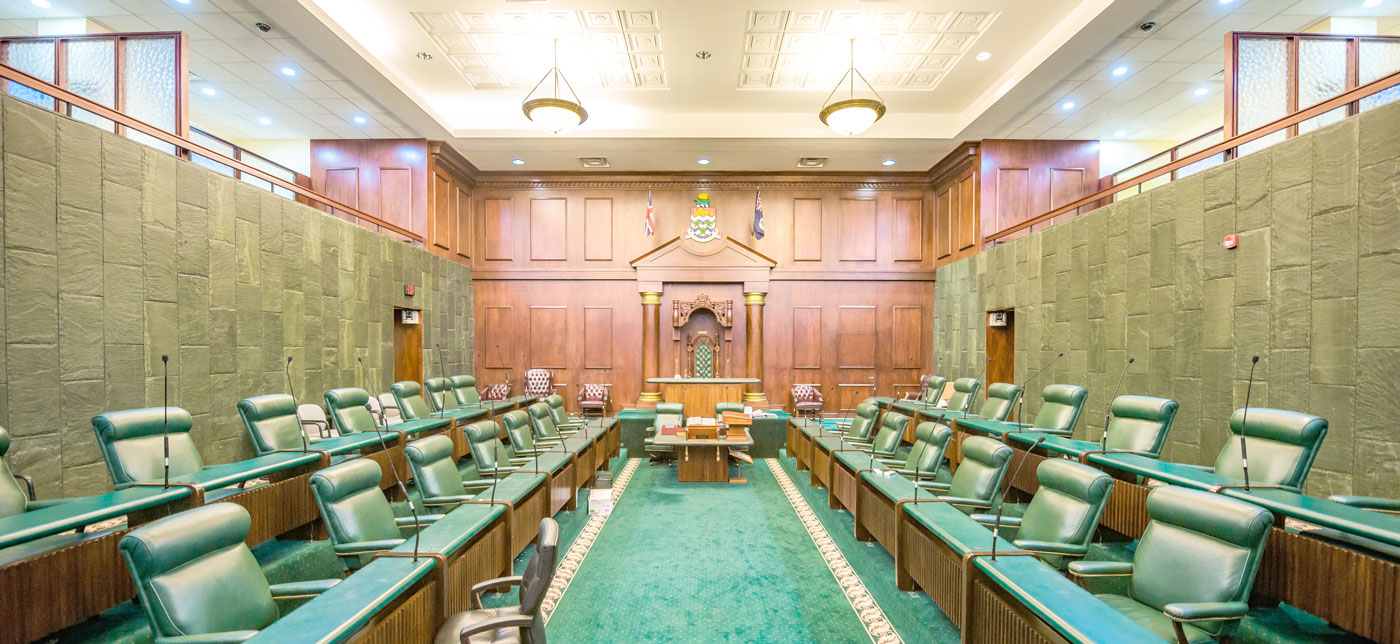Government is investigating a national health insurance system among a number of potential solutions to curb spiralling healthcare costs.
Premier Alden McLaughlin told lawmakers he believed CINICO, government’s insurance company, should be opened up to everybody and Health Minister Dwayne Seymour said the possibility of national insurance was one of the ideas up for discussion.
They were speaking as legislators voted to approve another $11.3 million in spending on covering emergency healthcare costs at tertiary institutions, either overseas or at CTMH Doctors Hospital and Health City, for people without full insurance coverage.
Politicians on both sides of the house agreed that the cost of covering medical expenses for this group, which includes elderly and indigent people, was becoming unsustainable.
Government initially budgeted around $11 million for this expense in 2018 and ended up spending almost three times that amount.
They had budgeted $10 million again for 2019 and Monday’s vote in Finance Committee now takes that to just over $21 million so far for this year.
Bodden Town West MLA Chris Saunders, who has repeatedly called for healthcare reform to move to the top of government’s agenda, said the cost of private sector insurance premiums for the elderly was often more than their monthly pension. He said the amount government was spending on medical care for the uninsured was simply unsustainable.
McLaughlin acknowledged it was a significant and growing problem.
He said the number of people that had to be declared “medically indigent” – because they did not have sufficient insurance and were unable to afford the “huge costs of significant medical care overseas” – was growing.
He added that the islands’ pensions scheme was “wholly inadequate” making it difficult for people to live in Cayman after they retire.
“These two things have created and continue to create a massive social issue,” the premier said, “and, as you would expect, everybody turns to government to fix it”.
He said pension contributions from workers and their employers would likely need to increase significantly for people to be able to sustain themselves in retirement.
McLaughlin also acknowledged that government needed to find some way to ensure everyone in the islands, whether employed or retired, was enrolled in some kind of insurance programme to avoid government being hit with the huge annual cost of funding care.
“All we need is one significant economic downturn, government’s revenues fall off, and we are in huge problems; loads of people are going to go without medical attention at all because government is not going to be able to fund it,” he said.
Health Minister Seymour and chief officer Jennifer Ahearn said consultants had been assisting the ministry in coming up with a Standard Health Insurance Contract that could be made available for everyone over 65. Seymour said this would involve government subsidising premium costs for a specially targeted insurance programme for seniors.
The negotiations have not yet led to a suitably priced programme, he acknowledged.
Opposition legislators questioned the wisdom of segregating the elderly – typically the least healthy portion of the population – into its own insurance group.
Saunders said the risk should be spread to avoid costs getting out of control and said opposition legislators were willing to work with government towards finding solutions for what he described as a huge national problem.
Related Videos










